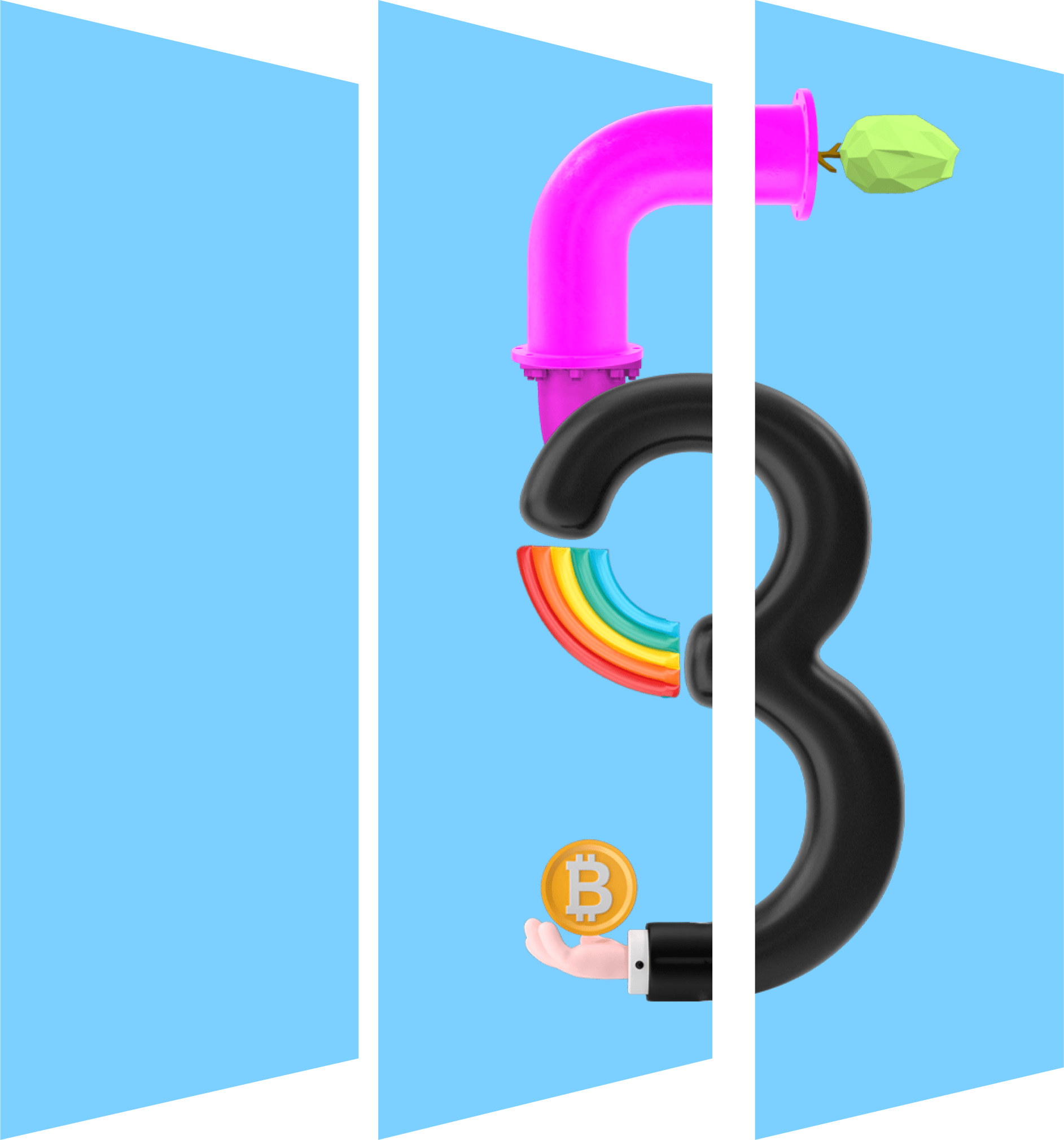
Do data protection regulations apply to NFTs?
Select jurisdiction
Germany
Yes, data protection regulations, especially the General Data Protection Regulation (GDPR),
apply to NFT projects as the regulations are generally technology neutral. However, there is
a tension between the GDPR’s concept of a “data controller” and the decentralized nature of
the blockchain as well as the GDPR’s principle of “data protection by design” and the general
transparency of blockchain transactions that lead to a number of legal uncertainties.
Therefore, NFT creators are advised to carefully consider the protection of user data and
keep an eye on further legal developments.
India
NFTs are digital assets that can be used to represent a wide range of content, including images, audio, video, and other types of data. If an NFT contains personal data, such as a person’s name, address, or other identifying information, then data protection regulations may apply to the
use of that NFT.
France
Data protection regulations apply where personal data is being processed by any person or legal entity within the EU, or where that personal data processing is directed to European residents. Where these conditions apply, the answer should be yes, though of course there are Zero Knowledge proof options that allow for protection of personal data that may be cryptographically protected/obscured.
Brazil
Yes, provided that there is a data processing operation in the national territory, or that
the personal data subject to the treatment have been collected in the national territory, or if
the processing activity has the objective of offering or providing goods or services or the
processing of data of individuals located in the national territory.
Nigeria
Yes they do. Whenever an individual (data subject) is identified or identifiable by
any of the individual’s data, then the Nigeria Data Protection Regulation (A bill for
an Act is currently pending) is invoked. Also, there is the Constitutional issue of
Privacy Rights.
Poland
In Poland, the General Data Protection Regulation (GDPR) applies. In general, the GDPR
rules need to be taken into account in a project where personal data is being processed by any person or legal entity within the EU, or where that personal data processing is directed to European residents. If the above criteria are met, then any legal or natural person dealing with the NFTs should consider introducing procedures ensuring the protection of user data collected in the process.






